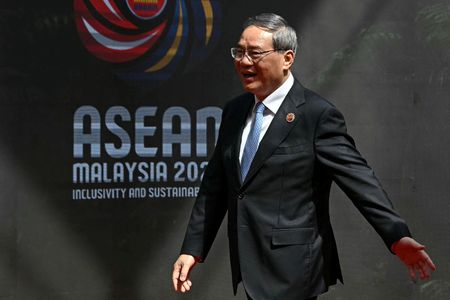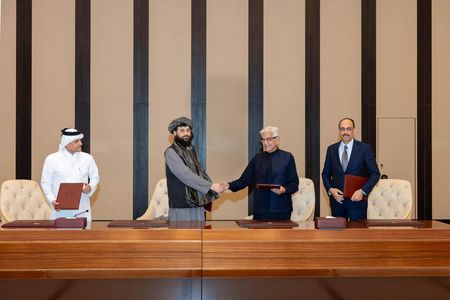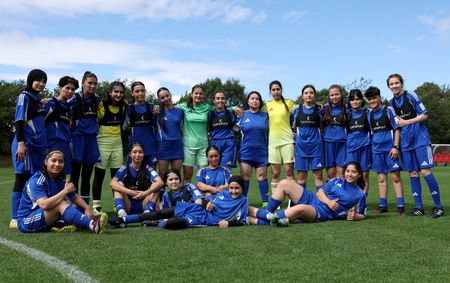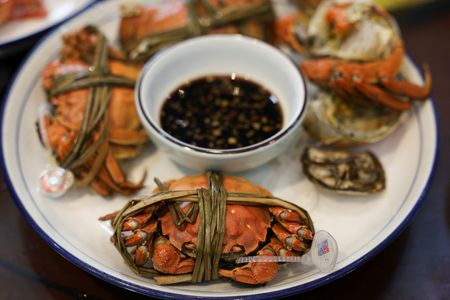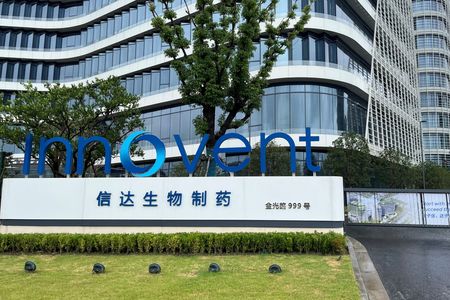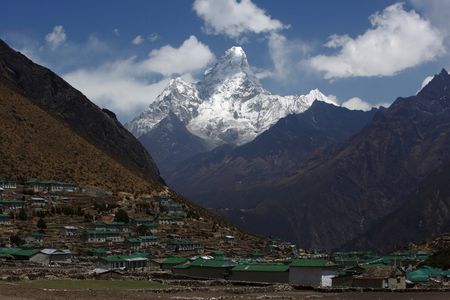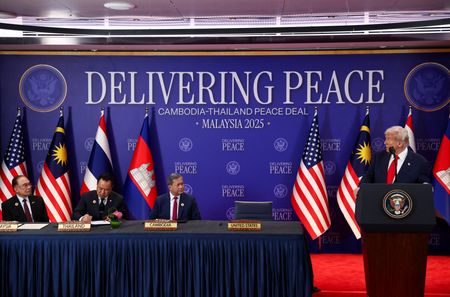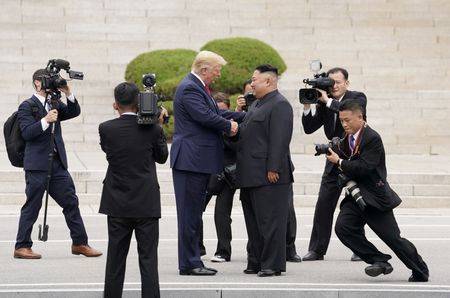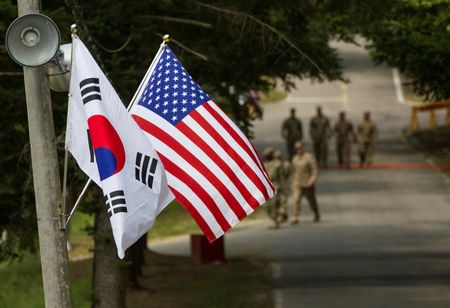BEIJING (Reuters) -China and Australia on Monday sought to keep ties on an even keel despite tensions over military encounters in the South China Sea and rivalry in the Asia-Pacific region, with Prime Minister Anthony Albanese describing both sides as “friends”.
China is ready to build a more stable and strategic partnership with Australia, Premier Li Qiang told Prime Minister Anthony Albanese on the sidelines of a Southeast Asian summit in Malaysia, according to China’s official Xinhua news agency.
Albanese visited China in July to mend ties that had been strained to near breaking point under the previous Australian administration, vowing to keep communication channels open and look for areas of cooperation while guarding against “misunderstanding”.
China-Australia relations at present are showing a positive trend, Li told Albanese in their meeting in Kuala Lumpur, Xinhua reported.
Last week, both sides traded barbs over an encounter between their militaries in the South China Sea, most of which is claimed by Beijing as part of its territory.
Australia said a Chinese fighter jet dropped flares near one of its patrol planes, prompting Beijing to complain that Canberra was trying to cover up an “intrusion” into Chinese airspace.
“I made the position directly clear that this was an incident of concern for Australia,” Albanese told reporters after his meeting with Li.
Australia, in February, also criticised the actions of a Chinese fighter jet as “unsafe and unprofessional”, saying it had dropped flares within 30 m (100 ft) of a maritime patrol plane, also in the South China Sea.
‘FRIENDS’
In the Asia-Pacific region, China has been deepening its influence over Pacific Island nations through trade and diplomacy.
In 2022, Beijing inked a security deal with the Solomon Islands, and a year later it signed a policing agreement.
This month, Australia signed a defence cooperation deal with Papua New Guinea that observers say is aimed at countering China’s growing security presence in the broader region.
Despite the rivalry and military incidents, economic ties have remained stable, with both countries repeatedly calling for free trade and further dialogue.
China is willing to work with Australia in the green economy, high-tech industries and the digital sector, Li told Albanese, according to the Xinhua report.
Albanese said his seventh meeting with Li showed Australia and China, its largest trading partner, could manage differences through dialogue.
“We have disagreements and friends are able to discuss issues frankly – I did that,” he said.
(Reporting by Ryan Woo, Liz Lee and Shanghai newsroom; Editing by Kim Coghill and Jamie Freed)

